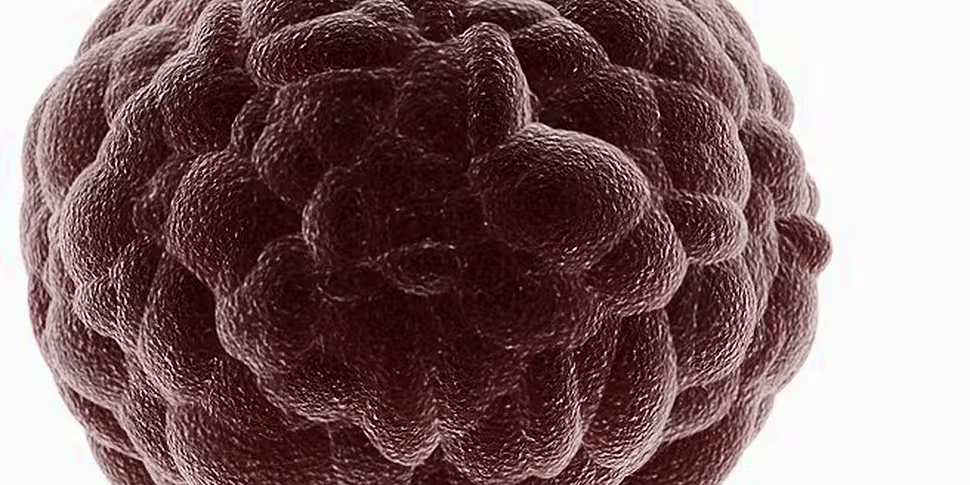On the TED Radio Hour this Sunday, 23rd October.
Cancer is merciless. It can strike any time, spread without warning, and return unannounced. In this hour, TED speakers reframe not only how we treat cancer, but how we live with it and survive it.
We often discover cancer after it's too late to treat. Jorge Soto is in the process of creating a simple, fast, and cheap method for early cancer detection--and all it takes is a few drops of blood.
<iframe width="560" height="315" src="https://www.youtube-nocookie.com/embed/dm4fvbrMLPw" frameborder="0" allowfullscreen></iframe>
Giving away something that could make you a billion dollars sounds foolish. But Dr. Jay Bradner believes it's essential to share even the most prized scientific discoveries if we hope to find a cure for cancer
<iframe width="560" height="315" src="https://www.youtube-nocookie.com/embed/wOiKRVH0nQ8" frameborder="0" allowfullscreen></iframe>
Dr. David Agus believes that current research is too narrowly focused on the specifics of cancer. Instead, he thinks broader, more interdisciplinary methods are needed to control and treat the disease.
<iframe width="560" height="315" src="https://www.youtube-nocookie.com/embed/IRxgDMSp9Gs" frameborder="0" allowfullscreen></iframe>
Dr. Dean Ornish studied how lifestyle changes could help improve people with chronic heart disease and so he wanted to figure out if there was a way to do the same with cancer
<iframe width="560" height="315" src="https://www.youtube-nocookie.com/embed/QYmInK5xo6g" frameborder="0" allowfullscreen></iframe>
Debra Jarvis had breast cancer, but it doesn't define her, she says. Jarvis explains how clinging to the identity of "survivor" sometimes stifles personal growth.
<iframe width="560" height="315" src="https://www.youtube-nocookie.com/embed/4n8qT0vQbWk" frameborder="0" allowfullscreen></iframe>









